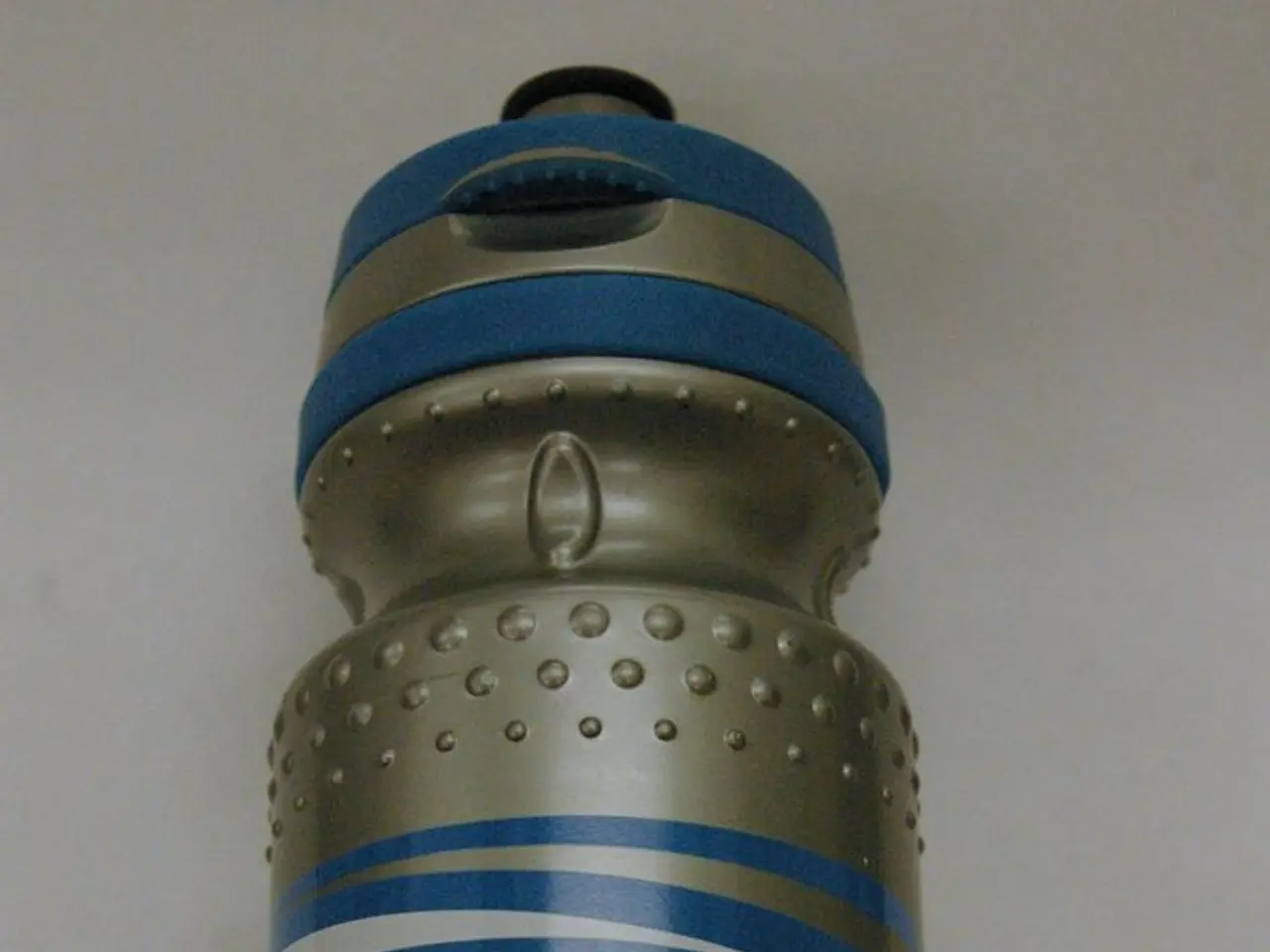Cancer Treatment Advances: Immunotherapy and Gene Editing Show Promise
Scientists are making strides in cancer treatment, with new approaches like immunotherapy and gene editing showing promise. Two vaccines, Bacillus Calmette-Guerin (BCG) and Sipuleucel-T (Provenge), have been approved by the FDA to treat early-stage bladder and metastatic prostate cancer respectively. However, a cure remains elusive, as even complete remission doesn't guarantee cancer won't return.
Cancer immunotherapy boosts the body's immune response to fight cancer cells. Vaccines and T-cell therapy are key examples. Monoclonal antibody (mAb) therapy produces large amounts of antibodies to neutralize cancer cells, while CAR T-cell therapy modifies T-cells to better recognize and destroy cancer cells. Six CAR T-cell therapies have been approved for treating blood cancers.
Researchers are exploring new treatments, including vaccines and gene editing, that could transform cancer care. The PriME project at the Leibniz Institute is developing vaccines that activate the immune system using oxidative modifications. These treatments may be used alongside or instead of conventional therapies like chemotherapy and radiation.
While a cure for cancer remains out of reach, recent advances in immunotherapy and gene editing offer hope. New treatments like vaccines and CAR T-cell therapy are showing promise in clinical trials. However, even complete remission doesn't guarantee cancer won't return, highlighting the need for continued research and vigilance.





